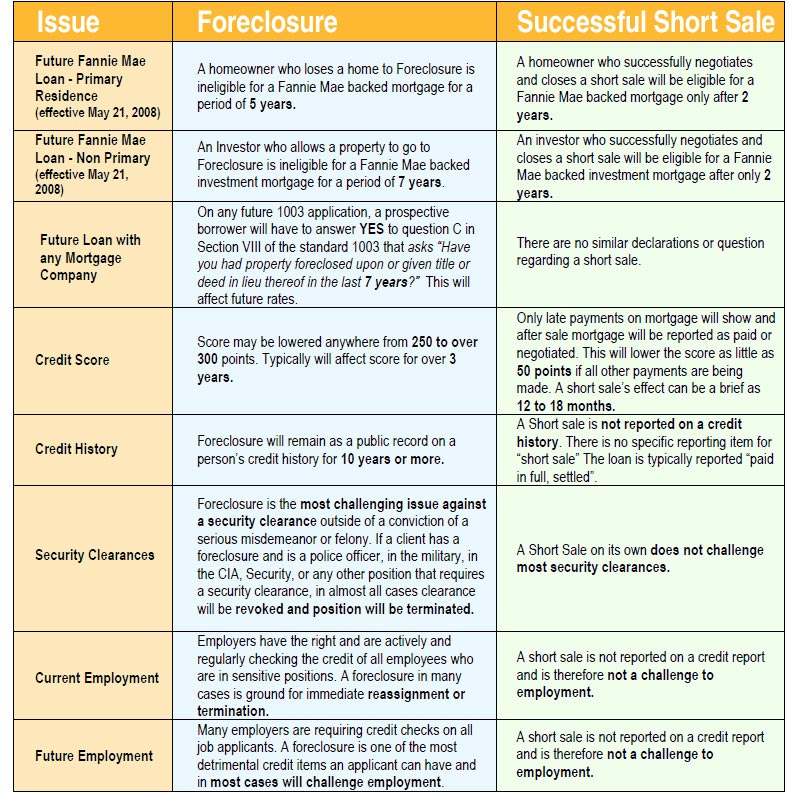A financier will sign an agreement to buy a residential or commercial property and put down an earnest money deposit. Then, they rapidly try to offer the home to a house-flipper at a premium, earning an earnings. Basically, a wholesaler gets a finder's cost for brokering a home sale to a house-flipper (how long does it take to get real estate license). Nevertheless, unlike standard residential or commercial property brokers, a wholesaler uses their position as the contracted homebuyer to broker the offer.
It requires sound due diligence and access to a network of potential purchasers in order to sell the residential or commercial property within a brief timeframe at a lucrative cost. Otherwise, like house-flipping, you run the risk of not earning an earnings or, even worse, losing money. Rental homes require hands-on management, too, however they have a long-term financial investment horizon.
Residential or commercial property owners make regular capital generally on a monthly basis in the kind of rental payments from tenants. This can supply a steady, trustworthy income stream for financiers, however it also requires a lot of work or delegation of responsibilities to ensure that operations run smoothly. Initially, you need to discover tenants for your property.
Little Known Questions About How To Invest In Commercial Real Estate.
You are likewise accountable for carrying out background screenings for potential tenants (if you pick to) and for providing legally sound lease agreement contracts to renters. For each month that you do not have a renter, you lose out on income from your financial investment. When you have occupants, you have rather a bit more resultant tasks.
Depending upon the number and size Additional reading of rental homes that you own, property management can be a part-time or full-time job. Some investor who do not wish to handle the management of a property contract a home management company for a repaired charge or portion charge of revenues. This takes some weight off an investor's shoulders, transforming the property into more of a passive investment.
Short-term rental properties allow citizens to lease out their houses on a nightly basis, typically as an option to a hotel. Short-term leasings resemble rental homes, however they specify to homes and usually just readily available for short-term periods. Unlike standard leasings, short-term leasings, normally powered by companies such as Airbnb and VRBO, let you rent a part or the entirety of your home.
The smart Trick of What Does Contingent Mean Real Estate That Nobody is Talking About
Property owners are accountable for providing and keeping the house for renters. Short-term rentals typically require much less competence and guidance than conventional leasings for several factors. Third-party sites, such as Airbnb and VRBO, help with the reservation of the rental home and produce the contract agreement in between the homeowner and occupant.
While short-term rentals can be a financially rewarding option to the spare bedroom in your house, before listing, it is very important to be well-acquainted with the laws governing short-term leasings in your area. Home supervisors can prohibit renters from noting a rented apartment or condo as a short-term leasing. Property owner associations have the power to prohibit short-term rentals, and in some cities, such as New York and Los Angeles, there are existing restrictions against types of short-term rentals.
Passive realty investing offers chances to buy realty for everyone: Helpful hints those with extensive property and financial knowledge and those with restricted or no expertise. Passive investor usually supply only capital and enable professionals to purchase genuine estate on their behalf. Similar to stocks and bonds, they're only responsible for their own investments and not the fund at big.
The How Much Is The Commission Of A Real Estate Agent Diaries
A personal equity fund is an investment model where investors pool their cash together into a single fund to make investments in the personal market. They are typically restricted liability partnerships with a designated manager or management group. While the supervisor actively handles the fund's financial investments, financiers are not required to be directly included regularly.
Access to personal equity funds is typically restricted to accredited and institutional financiers with a high net worth. Investment minimums can vary, but are generally not less than $100,000. Private equity funds generally utilize a "2 and twenty" design, in which they charge a 2% annual management cost and an extra 20% fee on any profits that the fund makes beyond a specified return.

Likewise structured as a pooled fund, a shared fund is an investment automobile structured as a business, which pools its customers' cash together and invests on their behalf. Instead of owning assets directly, shared fund investors own http://elliotkqse123.wpsuo.com/how-to-get-into-commercial-real-estate-things-to-know-before-you-get-this shares of a mutual fund and the fund itself owns the financial investments that it gets and handles.
How To Get Your Real Estate License In Ga Can Be Fun For Everyone
Genuine estate funds normally invest in investment vehicles that own realty, such as genuine estate stocks or REITs, however can likewise invest directly into realty properties. They can also concentrate on any kind of property or use a mix of residential, commercial, and industrial. Unlike other funds discussed so far, mutual funds usually invest in publicly traded possessions, which use high levels of liquidity.
Due to these characteristics, real estate funds use ordinary financiers a way to gain access to expertly managed real estate financial investments. However, because they hold publicly traded possessions, the net property worth of their shares can be extremely associated to the movements of the stock exchange rather than connected to the worth of the properties that they own.

Investment minimums, charge structures, portfolio allocation also differ by fund. Securities Exchange Commission (SEC) regulations require mutual funds to assign a minimum of 80% of their assets to the investment type that's implied in the name of the fund. However, a fund's name can be deceptive, and mutual funds are legally able to invest throughout industries and asset classes.
Everything about Ahow Do You Become A Real Estate Agent
A real estate financial investment trust (REIT) is a company that makes financial obligation or equity investments in commercial property. Typically, REITs use a portfolio of income-producing genuine estate to financiers. Financiers purchase shares of the REIT and make earnings from its financial obligation and equity investments in the type of dividends.
By law, a REIT must make at least 75% of its gross income from property and invest at least 75% of its assets in property. Furthermore, it needs to disperse a minimum of 90% of its taxable earnings to shareholders each year (how to be a successful real estate agent). Today, REITs can be categorized according to investor access in three methods: private REITs, publicly-traded REITs, and public non-traded REITs.
They resemble personal equity funds in numerous ways: They are normally restricted to certified financiers who have a high net worth, and while minimums are subjective, they are typically quite high. Private REITs likewise usually carry high charges, often as much as 15%. Finally, they are generally illiquid, which limits access to those who can afford to invest big amounts of cash for long durations of time.
Examine This Report on What Is Ltv In Real Estate
Unlike most genuine estate financial investments, these are extremely liquid without any investment minimum besides the price of the share, so financiers can purchase and offer them quickly. While public REITs offer the best gain access to, because they are correlated to the public markets like mutual funds, they are one of the most unpredictable realty financial investment methods.